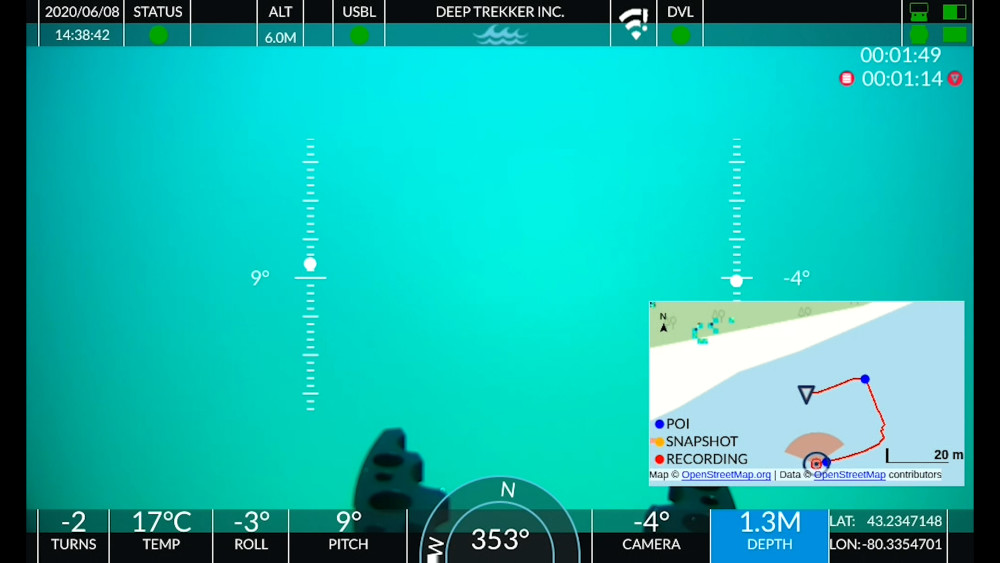Home › Forums › General › Financial, Tax and Insurance › The Start of “Common Reporting Standard” (“CRS”).
- This topic has 0 replies, 1 voice, and was last updated 9 years ago by
 Roy Simson.
Roy Simson.
-
AuthorPosts
-
December 24, 2015 at 5:51 am #7249
 Roy SimsonParticipant
Roy SimsonParticipantIn recent years, Governments throughout the world have focussed on protecting the integrity of their tax systems by pursuing undisclosed wealth held in offshore bank accounts. This focus has led to a coordinated effort by the Organisation for Economic Co-Operation and Development (the “OECD”) to develop an international system for the automatic exchange of financial data. This system is commonly referred to as the “Common Reporting Standard” (“CRS”).
Over 90 countries have committed to the CRS to date, including Singapore. Whilst some countries have committed to introducing CRS by 1 January 2016, Singapore has agreed to implement CRS with effect from 1 January 2017. The first exchange of information would then take place sometime in 2018.
In conjunction with the increase in tax transparency as a result of CRS, tax authorities are toughening their approach to tackling non-compliance. For example, the UK is planning to introduce a range of new sanctions for offshore non-compliance, as well as introducing tougher terms for its voluntary disclosure facility at the end of 2015
So if your a UK resident and living in the uk and have a offshore bank account that bank is going to report to the UK inland revenue . If you want more information regarding this try these sites http://www.crs.hsbc.com/en or http://www.taxjustice.net/wp-content/uploads/2013/04/TJN-141124-CRS-AIE-End-of-Banking-Secrecy.pdf
Its still very vague how this effects people who dont live in the UK and have a offshore account they seem to be targeting people or company’s who have untaxed money who are UK residents but it all seems to be the start of a global witch hunt for unpaid taxes .
The table below summarises the intended implementation timelines of the new standard.1
JURISDICTIONS UNDERTAKING FIRST EXCHANGES BY 2017Anguilla, Argentina, Barbados, Belgium, Bermuda, British Virgin Islands, Bulgaria, Cayman Islands, Colombia, Croatia, Curaçao, Cyprus, Czech Republic, Denmark, Dominica, Estonia, Faroe Islands,
Finland, France, Germany, Gibraltar, Greece, Greenland, Guernsey, Hungary, Iceland, India, Ireland, Isle of Man, Italy, Jersey, Korea, Latvia, Liechtenstein, Lithuania, Luxembourg, Malta, Mauritius,
Mexico, Montserrat, Netherlands, Niue, Norway, Poland, Portugal, Romania, San Marino, Seychelles, Slovak Republic, Slovenia, South Africa, Spain, Sweden, Trinidad and Tobago, Turks and Caicos
Islands, United KingdomJURISDICTIONS UNDERTAKING FIRST EXCHANGES BY 2018
Albania, Andorra, Antigua and Barbuda, Aruba, Australia, Austria, The Bahamas, Belize, Brazil, Brunei Darussalam, Canada, Chile, China, Cook Islands, Costa Rica, Ghana, Grenada, Hong Kong
(China), Indonesia, Israel, Japan, Marshall Islands, Macao (China), Malaysia, Monaco, New Zealand, Panama, Qatar, Russia, Saint Kitts and Nevis, Samoa, Saint Lucia, Saint Vincent and the Grenadines,
Saudi Arabia, Singapore, Sint Maarten, Switzerland, Turkey, United Arab Emirates, UruguayJURISDICTIONS THAT HAVE NOT INDICATED A TIME LINE OR THAT HAVE NOT
YET COMMITTED
Bahrain, Nauru, Vanuatue02145391_crs_warm_up_dm_letter_v3_15dec15_204.pdf Filename: e02145391_crs_warm_up_dm_letter_v3_15dec15_204.pdf 
Download -
AuthorPosts
- You must be logged in to reply to this topic.



